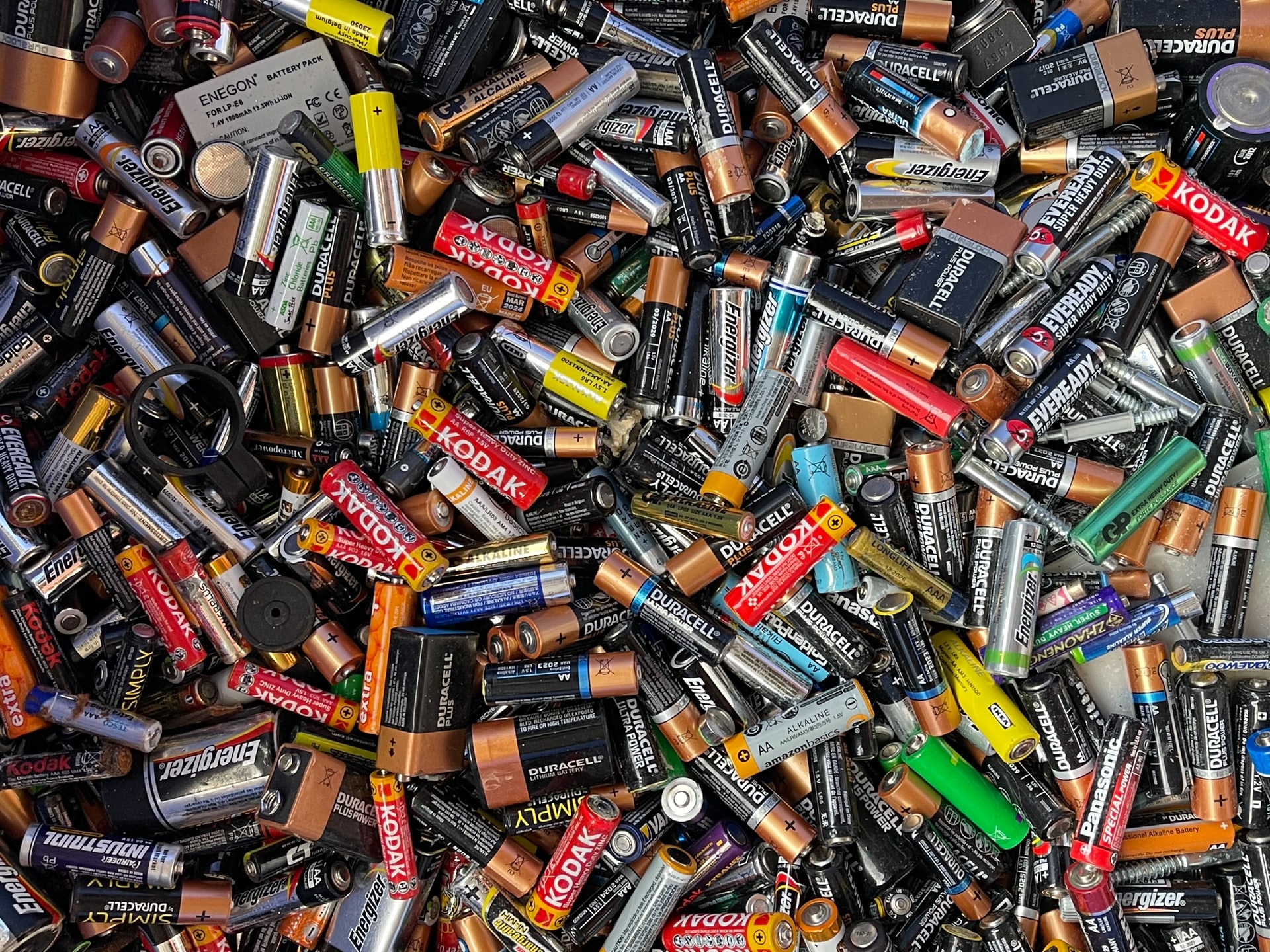Electronic waste generally refers to discarded electronic or electrical devices. These may be computers, laptops, printers, faxes, other electronic devices, cell phones, radio and television equipment, and even medical waste. Used electronic equipment that is destined for onward disposal, recycling, reprocessing, salvage, or disposal by a facility is also often considered electronic waste. While certain countries have laws that require companies to separate scrap electronic and electrical waste, the U.S. has no such legislation.
What is electronic waste?
One type of electronic waste is mercury. Mercury poses serious threats to human health because it is extremely toxic; even minute amounts of mercury can kill or cause disabilities in humans and animals. Because electronic devices are generally made of non-biodegradable materials, mercury is stored in pits inside landfills. Unfortunately, because mercury is not released into the air or water, the dangerous effects of mercury become even more potent as it leeches into the soil where it contaminates groundwater.
There are several other hazardous substances found in electronic waste including cadmium, lead, chromium, mercury, aluminum, and polychlorinated biphenyls (PCBs). The combination of these different metals and chemicals poses a serious threat to the environment and to human health, but very little is known about how consumers are being exposed to these dangerous toxins. By educating yourself about the dangers of electronic waste, you can help ensure that you are taking responsibility for your own health and the health of others.
Much of the electronic waste that is sent to landfills comes from mobile phone manufacturers, including Nokia, Samsung, and Motorola. These manufacturers often provide customers with a two-year or more warranty on their products. The devices often come with limited warranties that offer a replacement or cash settlements for damage or loss. Most of this electronic waste goes to landfills because it is difficult for landfills to hold so many phones and other devices at once. One landfills site in North Carolina can hold 4.5 million mobile phones alone. This means that each phone manufactured requires an equal amount of space to store.

Recycle electronic devices
Because of the large number of electronics that are discarded, most recycling companies require customers to provide shipping labels when sending any bulk electronic waste to them. These companies use eco-friendly technology. For items that are compatible, recyclers will accept most plastics, glass, and paper. However, all electronic waste should be sorted according to its type. Many recyclers have options such as cardboard, rubber, tin, and plastic to help you sort your items easier. Most premium services offer their clients proper sorting methods for every type of electronic waste.
There are several options to help you safely and securely dispose of your old cell phones and other electronics. Most recycling centers accept both old and new phones, but newer phones are usually only eligible for off-site disposal. For older phones and electronics, you can contact your cellular phone service provider to find out what options are available to you. Most providers of cell phone recycling offer options such as disposing of the phone in a safe container, donating the phone to an authorized charity, or donating the phone to reputable cell phone recycling companies. If you can’t find an option that suits your needs, most recycling centers offer their customers the convenience of placing electronic waste in a secure container provided by the recycling center.
Donate electronic devices
Consumers are often hesitant about donating electronic waste because they believe that their phones and other devices will not find a place in an appropriate landfill. However, there are millions of landfills across the country, and thousands of consumers donate their electronic waste each year. Landfills can only hold so much electronic waste, which is why some landfills are constantly being expanded. An important component of landfills is the collection of mobile phones and other electronic devices, which can’t be recycled.
If donating your phone or other electronic device is not an option, you can ship your equipment to reputable charities that accept e-wastage. These charities will often accept your electronics and dispose of them properly. However, before mailing your device to these charities, it’s important that you be aware of the laws surrounding e-wastage and the privacy policies of any organization that you donate your equipment.
